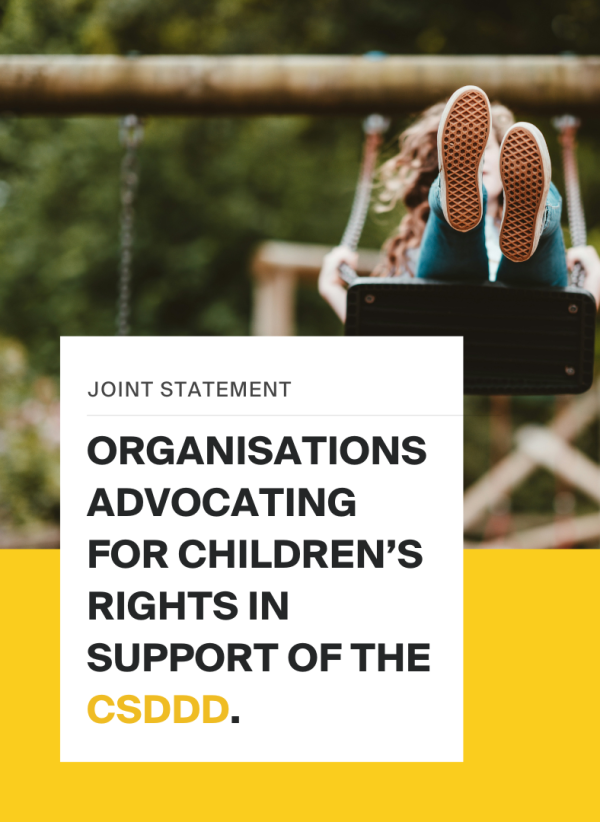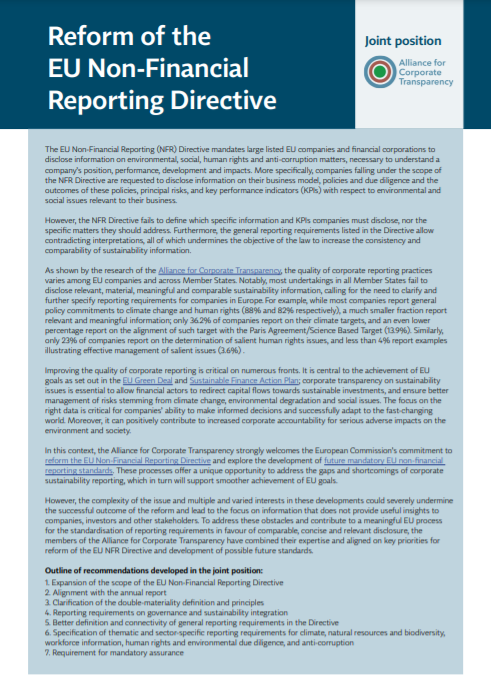This website uses cookies so that we can provide you with the best user experience possible. Cookie information is stored in your browser and performs functions such as recognising you when you return to our website and helping our team to understand which sections of the website you find most interesting and useful.
Our Priorities
Today, the impacts of European companies on the environment and human rights remain generally opaque. Very little relevant information is available, especially on impacts hidden in global supply chains of transnational companies.
If the right information is not collected, analysed and duly disclosed, it is difficult for affected people, the general public, consumers, and even investors and management to understand the impacts of businesses, and to hold them to account.

© Shutterstock / Chim
Reporting that builds on companies’ due diligence processes is an essential management tool that improves risk identification and long-term social, environmental, as well as financial performance. It is an important step towards responsible behaviour.
Civil society has been advocating for many years for a strong mandatory framework for the disclosure of non-financial information by large companies that would improve the quantity and quality of reporting and set a level playing field for European business.
State of play
Together with other civil society organisations, we have made a significant contribution to the EU process that resulted in the adoption in 2014 of a new Directive on Non-financial Reporting.
This first EU-wide requirement is part of a fundamental shift in measuring corporate performance and marks a significant step forward for improved corporate transparency. It obliges over 6,000 large EU companies to report annually on their risks regarding environmental, social and employee matters, respect for human rights, anti-corruption and bribery issues, and board diversity.

© Shutterstock / Foxberry
Companies have to disclose this information in relation to both their own operations and their supply chains and business relationships. They have to communicate their due diligence policies and report on the outcomes of these policies.
However, the Directive fails to define which specific information and indicators companies must disclose. Also, the data is often incomparable and fails to include the vital information needed to assess a company’s impacts on society.
As shown by research, the quality of corporate reporting varies. Most companies in the EU fail to disclose relevant and meaningful sustainability information. For example, only 36% of companies report on their climate targets, and only 23% on human rights issues.
This legislation is the first step in embedding into EU law the corporate responsibility to respect human rights and the environment as it is expressed in the United Nations Guiding Principles on Business and Human Rights and OECD Guidelines for Multinational Enterprises. These simple and flexible frameworks lay the foundation for corporate reporting that complements financial information with impacts on people and the planet.















